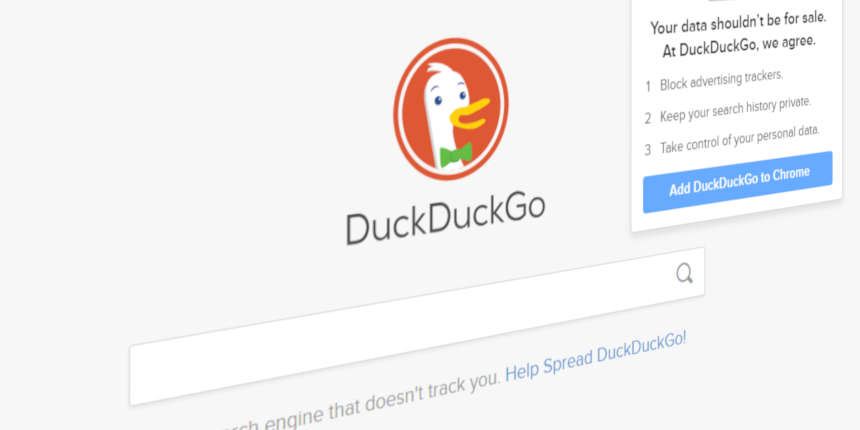While most of us recovered from our holiday exertions as 2018 ticked over into 2019, Google and other players in local digital continued to hit the news wire with important updates. So let’s forget the polar vortex (for now, at least) and take a look at the hottest new developments in local search and Local Listing Management (LPM).
-
Products Beta arrives in the Google My Business dashboard
A Products menu has been added to the GMB dashboard in beta form. Allowing small businesses to add products manually to their business listings, this could be a useful tool for any businesses who want their products to appear on Google SERPs but lack the ability to integrate product feeds via Google Merchant Center or use Pointy (an automated product inventory generator).
Products work exactly like its equivalent feature in restaurant and service industry pages. But there is one notable distinction: the new “Product Inventory” does not reside in the same “info” section as the other two menus.
It is likely that product inventories added will also show within push notifications, as they currently do for large retailers. With a similar interface and implementation already having been implemented for larger chains, this update is probably here to stay, so SMBs should take advantage of this new feature while they can to gain an edge over their local competition—the same way enterprises have had the advantage over their smaller rivals.
-
GMB SMS to end
A major change has been announced for those utilising GMB’s messaging feature: the architecture Google currently uses for SMS management, Allo, will be sunset this April. After that, SMS in GMB will stop working. Until a new SMS architecture is implemented, the only way for a business to continue receiving messages will be through the GMB app.
Google may implement a new architecture prior to April but, if not, businesses should be prepared to make the conversion to the GMB app prior to Allo’s discontinuation. If you are a business that relies on SMS to communicate with your customers, you do not want to risk suddenly going radio silent when Allo is dropped!
-
DuckDuckGo switches to Apple Maps
Stepping away from Google news for a moment, DuckDuckGo has announced that they are adopting Apple’s MapKit JS framework for both desktop and mobile searches. This means that DuckDuckGo will now have its map and address searches powered by Apple Maps rather than OpenStreetMap.

For those of you who are unaware, DuckDuckGo is a rising competitor to Google which broke 9 billion searches in 2018. Yes, they are significantly smaller than Google, but they do have search volume—and, uniquely, DuckDuckGo saves no user data, with its searches blocking all advertising trackers and keeping no history. They have been gaining a growing market share in the search engine industry among the many privacy concerns arising around Google and Facebook in recent years.
Local listings on Apple have instantly gained more value from this switch. While Apple Maps was already prevalent on iOS, DuckDuckGo has gained popularity year after year as near-constant news stories of security breaches and privacy invasions from tech companies highlight its value proposition of retaining no user data. While still a small player in the search engine market, DuckDuckGo’s unique offering has earned a devoted user base which many businesses can miss. If you want to reach your customers wherever you can, ignoring Apple Maps would now leave even more money on the table.
-
Google Assistant coming to Google Maps
Google’s dedication to voice search is abundantly clear in their attempts to integrate Google Assistant into all their products. Assistant in Google Maps (on both iOS and Android) will now let you control navigation, reply to texts, and control music. While Google Assistant has been on iOS for a while, it previously required the users to go out of their way to download the feature—a step many users would not take. Now with direct implementation into Google Maps, Google is showing they are trying to get as many of their users as possible to use voice search.
If your business has not yet made its listings voice search friendly, now is time to do something about it. Make sure you cover the fundamentals, such as listing all amenities at each of your locations and adding an FAQ in your GMB Q&A. While this additional content creates a better customer experience in general, it now also offers the additional benefit of helping voice searchers find and understand your business.
-
GSC impressions fall off a cliff
There was a glitch in the Google Matrix! In the last week of January, many users saw their Search Console impressions drop dramatically. The cause? For those using UTM codes in GMB, it seems the GSC is moving these impressions to *canonical* URLs.
While this glitch (or intentional change?) doesn’t appear to make much sense, the major takeaway is that clicks remain unaffected. Google will hopefully address this issue quickly or announce that the change was planned. In the meantime, you don’t have to break out into a cold sweat when you check your GSC impressions: simply cross-reference your canonical URLs and see if the numbers are where you expect them to be. If not… Okay, maybe then it will be time to panic.
Local is constantly changing, and it’s not always easy to stay ahead of the curve—especially for businesses with distributed local footprints. But we have the tools, techniques, and talent to help you drive meaningful, measurable growth for each of your locations online. It’s all starts with a friendly chat with a digital marketing agency, so get in touch with DAC today!




